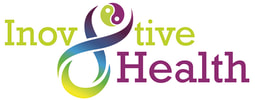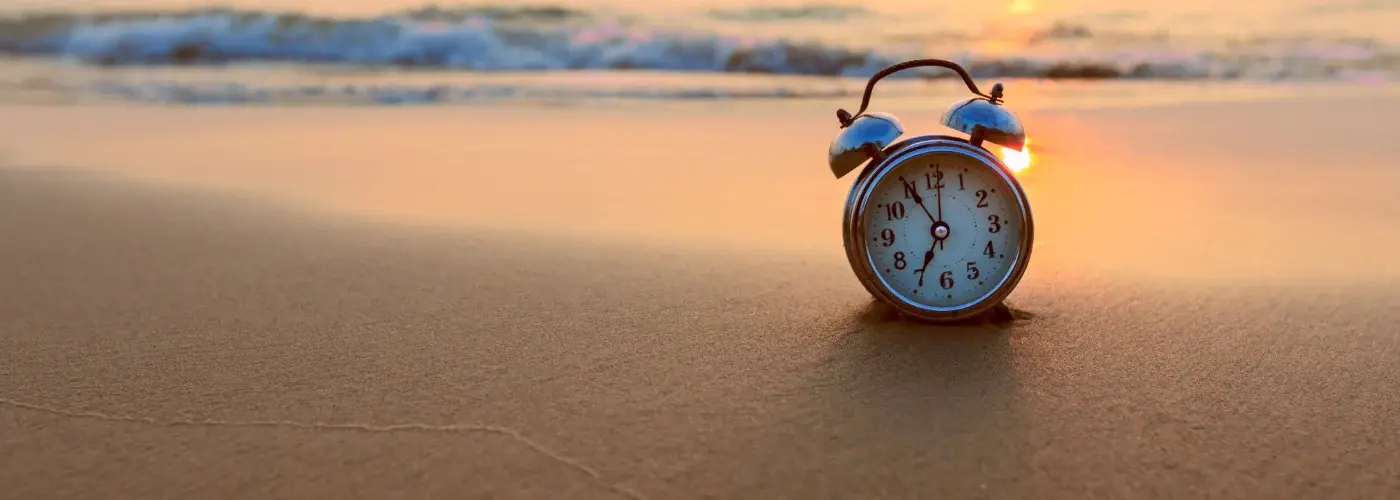|
29/8/2025 0 Comments 5 Tips for a Better Night’s SleepOctober 8, 2021
1. Stick to a regular Sleep Routine Following the same sleep pattern everyday (including weekends) helps the body naturally slip into a better sleep/wake cycle. This means going to bed and waking up at the same time each and every day. As tempting as it may seem, 'catch up' sleeps and naps during the day can affect your sleep hormones. Melatonin and Cortisol control our circadian rhythm (sleep/wake cycle). Cortisol (our stress hormone) and Melatonin work like a seesaw when one is high the other must be low hence why managing stress is another great way to help sleep better. Doing things to set up sleepy time is also advised like, stretches, meditation and/or breathing practices along with incorporating a calming cup of tea like MeVa Sleep or MeVa Summer Dreams 2. Limit caffeine Limiting (or eliminating) caffeine is crucial in helping with sleep. Caffeine products are known as stimulants and are designed to stimulate our bodies 'awake' processes, but this means increasing Cortisol and as we have seen increased Cortisol means decreased Melatonin (our sleep hormone) Caffeine products (coffee, black/green tea, colas, and chocolate) stick around in your system for around 4-6 hours meaning a long stimulating effect, keeping these products to earlier in the day (or removing altogether) will be beneficial. You could also try replacing them with Herbal Teas so that you still get a nice warm cup of invigorating, without the stimulating high. 3. Get some Sun Getting out into the Sun gives you that warm fuzzy feeling, that’s because the Sun wakes up your body (slowly and naturally increasing cortisol) Getting early morning sunlight helps to regulate the Circadian Rhythm. The Sun helps us to produce Vitamin D, which is a precursor to Serotonin (our feel-good hormone). Serotonin then goes on to produce Melatonin, meaning, without adequate sunlight we fail to produce enough of these hormones to have an effective, quality sleep. So, you can see why getting some Sun in the morning is very important. 4. Exercise So, you've just seen how Serotonin has an impact in helping regulate the sleep/wake cycle, well guess what... Exercise is another activity that helps to increase Serotonin and with Serotonin comes Melatonin, our wonderful sleep hormone. Exercising for at least 30 minutes a day is enough to achieve this but be careful as exercising too close to your bedtime can actually keep you awake. This is because exercise can induce Endorphins which makes us feel good and invigorated, not what you need right before bed. (each person will react differently but a rule of thumb is to allow at least 2 hours before bed to allow a 'wash-out' period for the brain to down-regulate) 5. Create a sleep sanctuary Creating a sleep sanctuary helps the brain register a calm relaxing environment which allows the body to relax. Some good ways to achieve this is by: *Having soft luxurious sheets on the bed. *Having a cool room, which allows for a higher production of melatonin. *Not having a workspace or technology in the bedroom (this includes work/study notes and yes, your phone or computer) *The bedroom is for relaxing, sleeping and love making, and bringing in your work/school day can interfere with this, potentially raising cortisol, thus reducing melatonin. CONCLUSION Starting you day right and keeping it as a regular routine is imperative to a good nights sleep. Waking up, breathing, stretching, hydrating, getting out into direct sunlight and exercising are crucial in the way our hormones control our Circadian Rhythm. Don't forget to minimise caffeine (and alcohol for that matter) as well as exercise close to bedtime hours Also keeping to a regular schedule of going to sleep and getting up in conjunction with a sleep ritual helps the brain and body understand that it's time for bed. We would love to know what habits/rituals you do to help with your sleep **DISCLAIMER - Information provided on this site is for educational use only and is not intended as medical advice. If you have any serious health concerns, you should always check with your health care practitioner.
0 Comments
Leave a Reply. |
IS PAIN ALL IN YOUR HEAD
|
Search by typing & pressing enter


 RSS Feed
RSS Feed